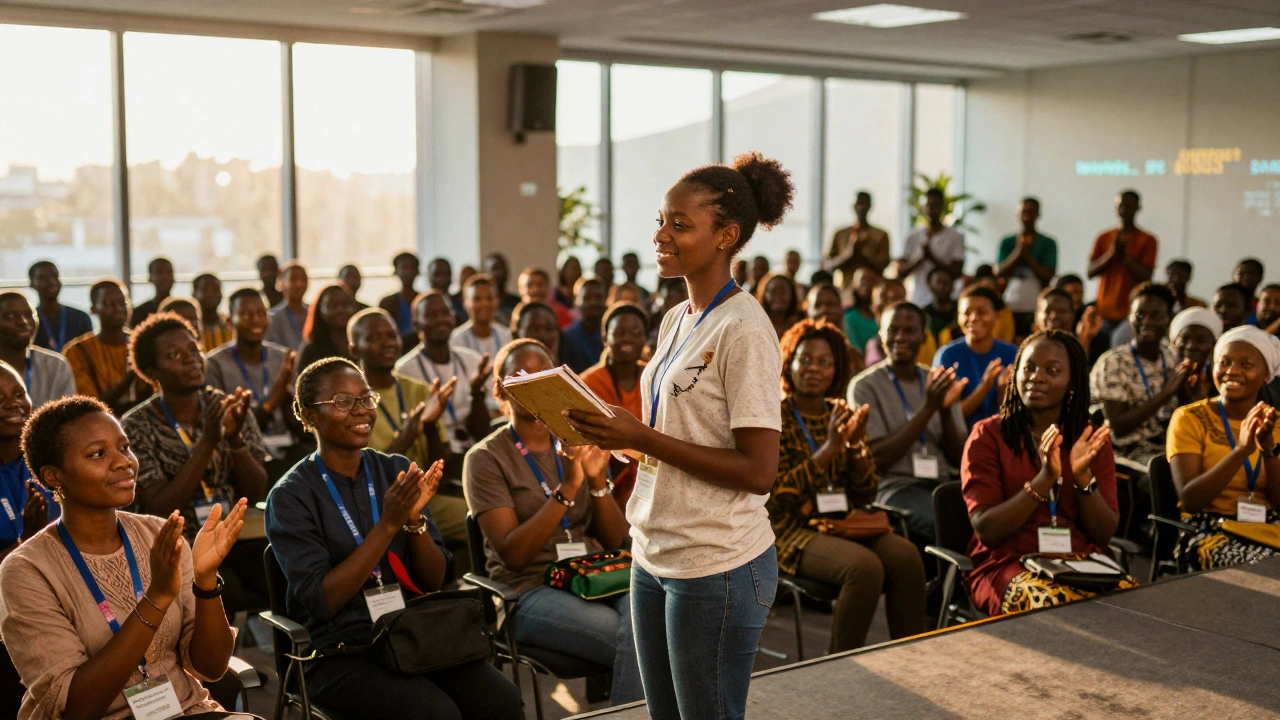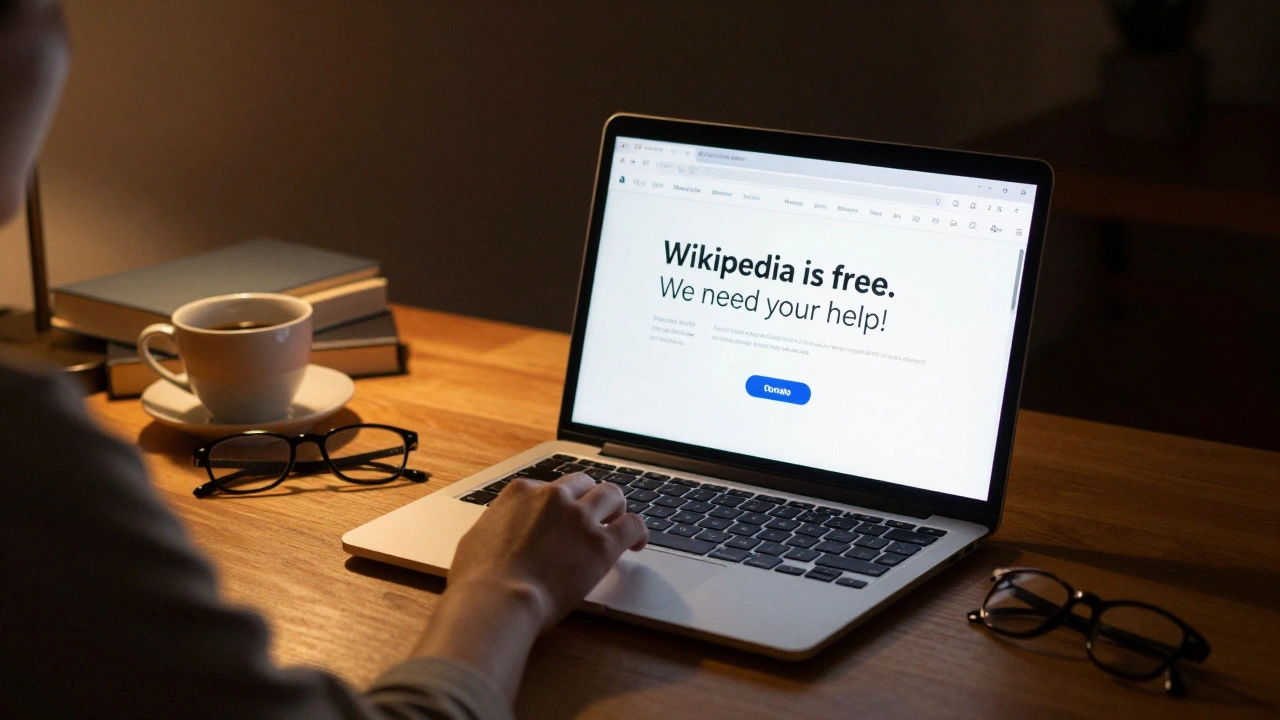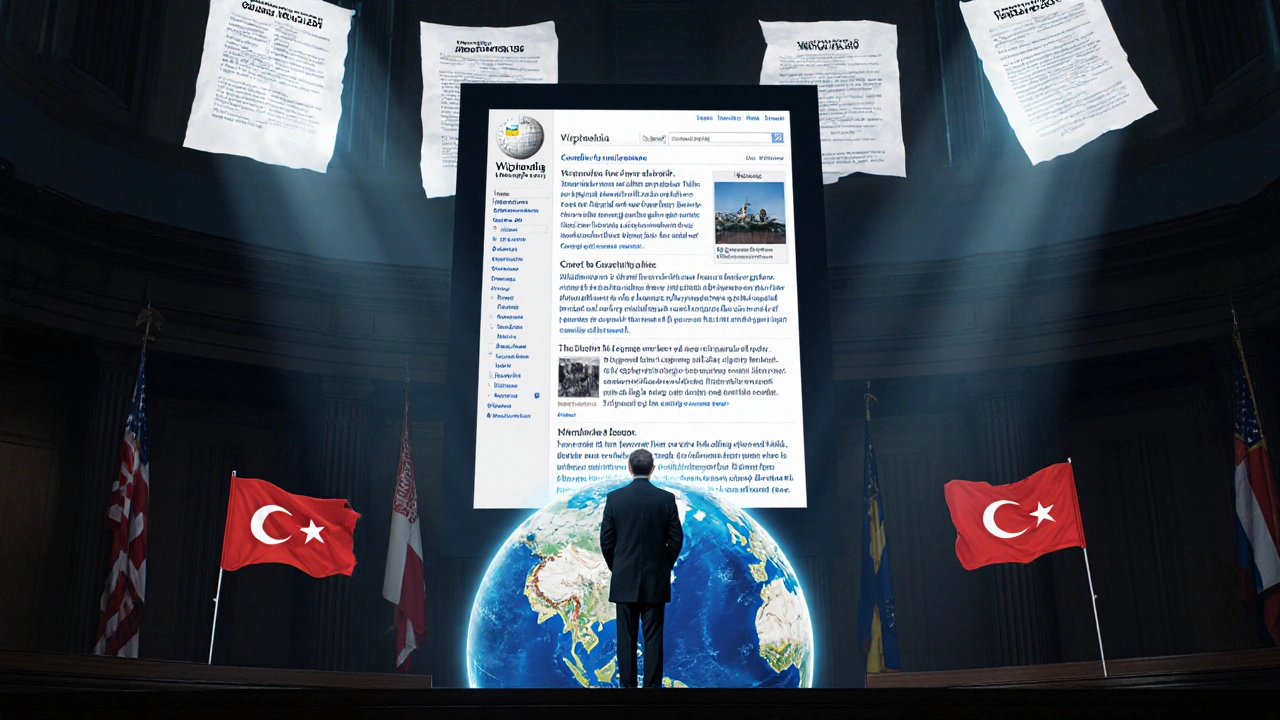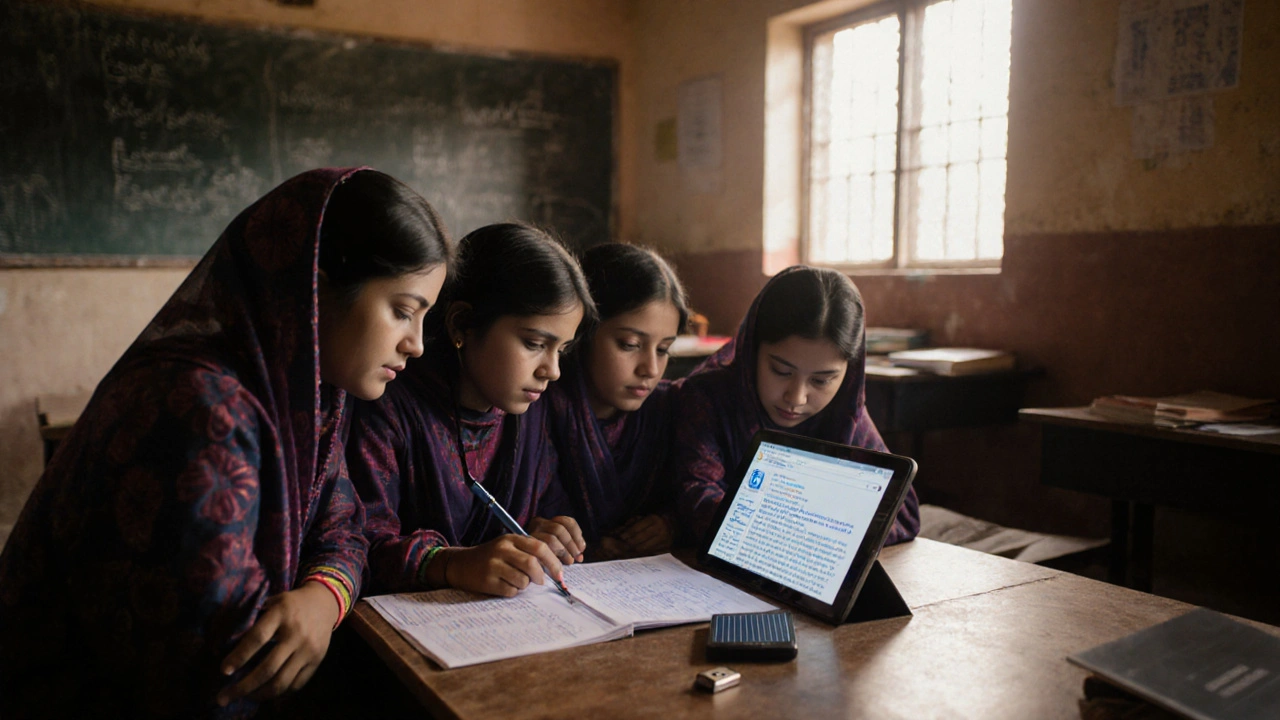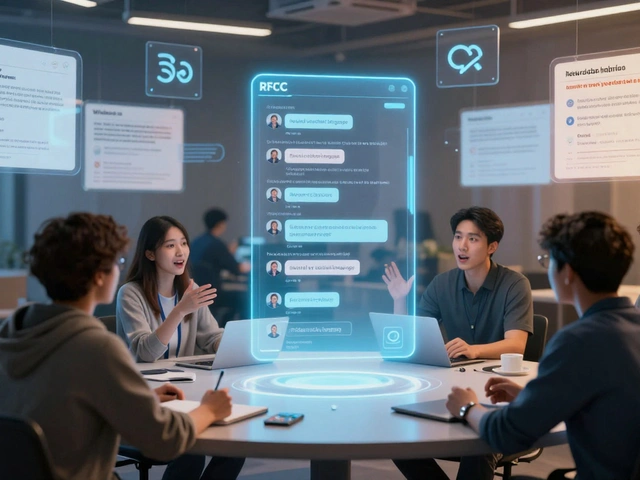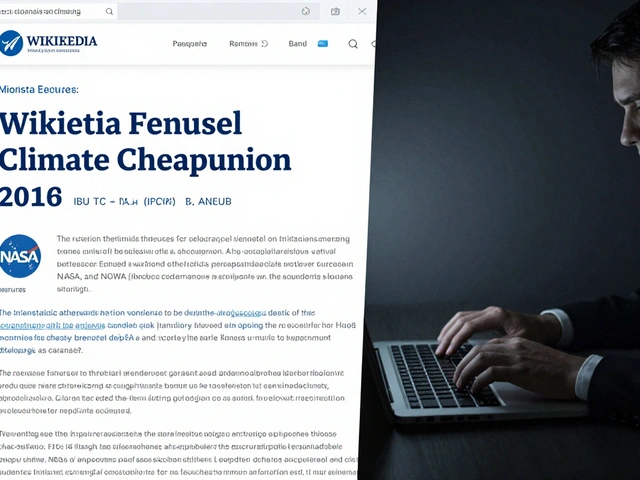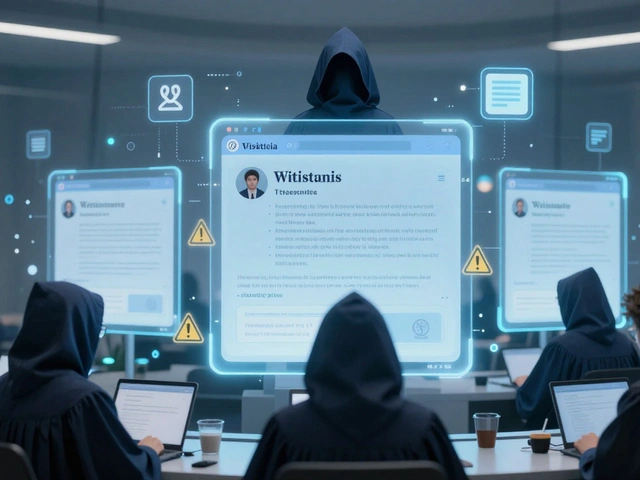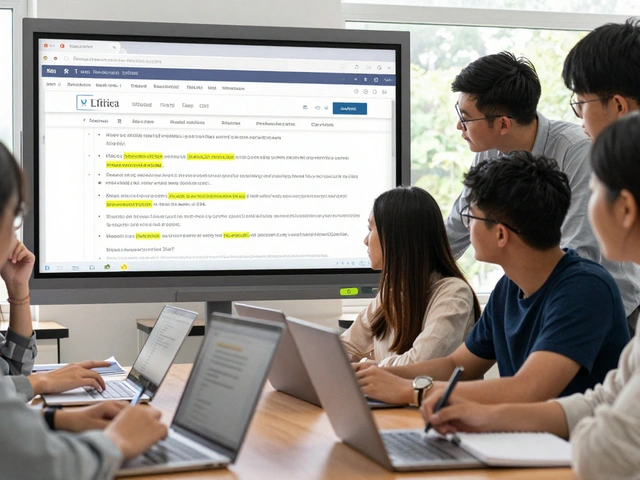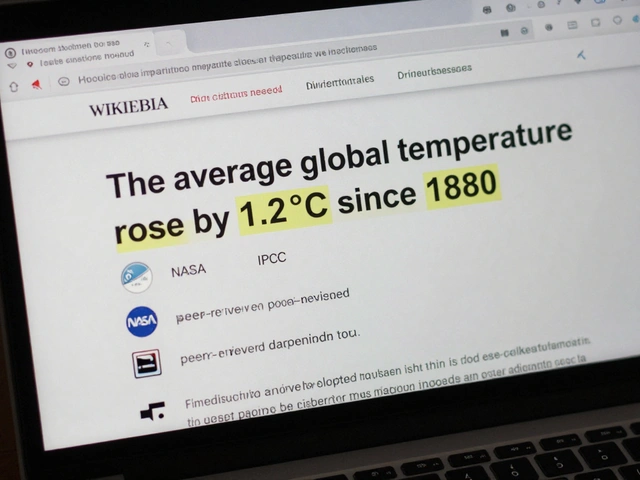Free Knowledge: How Wikipedia Keeps Information Open and Accessible
When we talk about free knowledge, information that anyone can use, share, and build upon without legal restrictions. Also known as open knowledge, it’s what makes Wikipedia different from every other encyclopedia on the internet. It’s not about being free of cost—it’s about being free of control. No corporation owns it. No paywall blocks it. No algorithm decides what you’re allowed to see. Instead, millions of volunteers write, edit, and fact-check content under a license that demands transparency and sharing: CC BY-SA, a Creative Commons license that lets anyone reuse Wikipedia’s content as long as they credit the source and share changes under the same terms. This isn’t just a legal detail—it’s the engine that keeps the whole thing running.
Behind every article is a system designed to protect that freedom. The Wikimedia Foundation, the nonprofit that supports Wikipedia’s infrastructure without running ads or selling data. doesn’t make content. It doesn’t control edits. It just keeps the servers alive, the tools working, and the license intact. That’s why Wikipedia can survive without corporate backing. Volunteers maintain the site, editors debate policies, and fact-checkers track sources—all because they believe knowledge shouldn’t be locked up. This model works because it’s built on trust, not profit. You can take a Wikipedia article, turn it into a textbook, translate it into a local language, or feed it into an AI system—and as long as you follow CC BY-SA, you’re not breaking any rules. That’s powerful. And it’s rare.
But free knowledge isn’t automatic. It’s fought for. Copyright takedowns erase articles. AI companies scrape content without giving back. Harassment drives editors away. That’s why the posts below cover the real work behind the scenes: how licensing protects content, how volunteers defend neutrality, how Wikidata links facts across languages, and how tools like watchlists and copy-editing drives keep the system clean. You’ll see how journalists use Wikipedia responsibly, how task forces fix bias, and why AI encyclopedias still can’t match Wikipedia’s reliability. This isn’t theoretical. It’s hands-on. Every edit, every policy debate, every backup system is part of keeping free knowledge alive. What you’re reading right now? It exists because someone chose to share it—without asking for permission, without expecting payment. That’s the real story behind free knowledge.
Wikimania 2025 Conference Coverage and Highlights
Wikimania 2025 brought together over 2,000 volunteers from 92 countries to shape the future of free knowledge. Highlights include new tools for editor safety, a $12M fund for underrepresented languages, and a firm stance against AI-generated content without human oversight.
How Wikimedia Raises Money to Keep Wikipedia Free and Online
Wikipedia stays free thanks to millions of small donations. Learn how Wikimedia raises money, where it goes, and why this model works better than ads or subscriptions.
Legal Actions: Defending Wikipedia Against Censorship and Takedowns
Wikipedia faces increasing legal pressure from governments seeking to censor facts. Learn how the Wikimedia Foundation defends free knowledge against takedowns - and how you can help.
WMF Annual Plan 2025-2026: Key Priorities for Wikipedia and Its Global Community
The WMF Annual Plan 2025-2026 outlines how Wikipedia will expand access, fight misinformation, and empower underrepresented editors worldwide. It’s not just about tech-it’s about who gets to write history.
